Since its foundation in 1948, Israel has operated under a strategic doctrine that treats geography, sovereignty and international norms as negotiable whenever “security” is invoked. Zionism’s expansionist impulse, historically constrained by external deterrents, has in recent years been pursued with unprecedented boldness. The aftermath of Al-Aqsa Flood on Oct. 7, 2023 marked a decisive turn: under a far-right coalition, Israel has redefined its security perimeter beyond recognized borders, reoccupying Gaza in all but name, accelerating annexation in the West Bank, deepening military penetration into southern Lebanon and Syria, and openly entertaining the idea of a strike against Iran’s regime. In this new phase, Israeli exceptionalism manifests as the absence of any geographic or political red line, an operational mindset that treats the sovereignty of every neighboring state as contingent.
The consequences are visible on multiple fronts. Gaza has endured mass displacement, infrastructure collapse and systemic deprivation designed to force population flight. In the West Bank, settlement expansion and administrative integration foreshadow complete annexation. In Syria, the long civil war’s fragmentation has given Israel operational freedom to conduct deep strikes, most recently the July 2025 bombing of Damascus’s Defense Ministry and incursions into the Golan hinterland. This strategy is not reactive but preemptive: Israel seeks to neutralize potential threats long before they crystallize, even if this means reshaping regional borders in practice.
Arab state responses have been fragmented and risk-averse. Key regional players, such as Saudi Arabia, have avoided confrontation, even as they paused normalization talks. Egypt and Jordan have maintained treaty obligations but refrained from strategic pushback. This collective inaction has created a power vacuum. Into these vacuum steps, the only Middle Eastern actor with the military capacity, geopolitical reach and political will to disrupt Israel’s current trajectory: Türkiye.
Türkiye to bring balance to Middle East
The security apparatus of Türkiye assesses and considers that Israel’s unchecked expansion is not merely a humanitarian or ideological problem but a direct medium-term security risk. In Ankara’s calculus, Israel’s borderless doctrine could destabilize Syria’s already fragile balance, embolden Kurdish separatists and invite greater external intervention into the Eastern Mediterranean. President Recep Tayyip Erdoğan’s statements, calling Israel a “terror state” and its campaign in Gaza “state terrorism,” have hardened since October 2023. Intelligence operations have reinforced this threat perception: Turkish security services have exposed multiple Mossad networks on Turkish soil targeting Hamas and Palestinian figures, prompting Erdoğan to warn Tel Aviv of “a hefty price” for any covert action in Türkiye.
By late 2024, Ankara’s strategic perception of Israel had shifted from a difficult partner to a potential adversary. This was institutionalized in an unprecedented closed parliamentary session on “Israeli threats,” where the defense and foreign ministers briefed lawmakers on military and intelligence assessments – records classified for a decade. The policy trajectory since then has been consistent: confront Israel’s destabilizing moves while avoiding direct war, leveraging Türkiye’s regional reach and multi-domain capabilities to impose costs on Israeli strategies.
Support to allies, isolation to Israel
The first pillar of Ankara’s balancing approach is the diplomatic isolation of Israel through coalition-building. Türkiye has mobilized the Organisation of Islamic Cooperation (OIC) and the United Nations to condemn Israeli operations, push for cease-fires, and reaffirm the two-state framework. Crucially, Ankara has restored or upgraded relations with many countries, with whom its relationships were previously constrained by ideological rifts, to coordinate on Gaza and block Israel’s normalization momentum under the Abraham Accords.
Ankara recognizes that its balancing role requires partnerships. This has driven pragmatic recalibrations, notably with Damascus, as Syrian President Ahmad al-Sharaa and President Recep Tayyip Erdoğan strengthened decadeslong deteriorated relations between the two countries. The logic is clear: a consolidated Syrian state can reclaim the south, limiting Israel’s pretext for intervention under the guise of security zones.
Türkiye also maintains open channels with Iran, aligning tactically to oppose Israeli strikes in Syria and to prevent the Gaza conflict from escalating into a regional war. With Lebanon, Ankara works indirectly, supporting state institutions that, in turn, enable Hezbollah to maintain deterrence capacity against Israel’s northern front.
In the Arab arena, rapprochement with Egypt, Qatar and Saudi Arabia has already produced joint mediation efforts in Gaza and slowed Israel’s normalization momentum. These relationships enhance Türkiye’s diplomatic weight and broaden the front capable of applying pressure on Israel.
The 2025 New York Declaration, co-signed with regional and international actors, encapsulates Türkiye’s conditionality: disarmament of Palestinian armed groups is acceptable only if accompanied by the establishment of a sovereign Palestinian state on the 1967 borders. This stance directly challenges Israel’s preference for unilateral neutralization of armed resistance without addressing statehood.
Symbolic but potent measures complement this diplomacy. In May 2024, Türkiye suspended all bilateral trade with Israel, halting a $6.2 billion exchange. Flights were frozen, high-level visits canceled, and Ankara encouraged other Muslim-majority states to adopt similar restrictions. While the economic effect on Israel was limited, the political signal that a major regional economy was willing to bear costs to penalize Israel was significant.
Strong defense as deterrence
The second pillar is sustaining Palestinian political and operational resilience. Türkiye openly rejects Western and Israeli designations of Hamas as a terrorist group, framing it as a legitimate liberation movement. Hamas’s political leadership has long maintained a presence in Türkiye, using it as a hub for diplomacy and, according to Israeli claims, logistics – allegations Ankara denies while acknowledging humanitarian and political hosting.
This relationship serves multiple purposes. It prevents Israel from fully dismantling Hamas’s leadership; it gives Türkiye leverage as a mediator in hostage exchanges and humanitarian pauses; and it maintains Ankara’s credibility with Palestinian constituencies. Simultaneously, Türkiye engages the Palestinian Authority, advocating intra-Palestinian reconciliation to present a unified national front. The strategic aim is to preserve a Palestinian negotiating position strong enough to resist imposed settlements, thereby constraining Israel’s freedom of action.
The third pillar is an enhanced deterrent posture. Over the past decade, Türkiye’s defense industry has transformed it into a drone superpower, with operational successes from Libya to Nagorno-Karabakh. This technological edge, coupled with expanded missile ranges and enhanced air defense, has been factored into Israeli threat assessments. While Ankara has not deployed these capabilities against Israel, their existence imposes a planning constraint. In any scenario of escalation, Israel would face a capable, NATO-integrated adversary with combat-proven systems.
Domestically, Türkiye has sought to resolve or reduce internal security burdens, particularly the PKK insurgency, to free up resources for regional power projection. The “terror-free Türkiye” initiative is part of this strategy, tying internal stability to external assertiveness. Ankara’s unspoken message is that it could, if provoked, contest Israeli actions in the Eastern Mediterranean or supply advanced systems to Israel’s adversaries.
Constraints, calculations
Despite its assertive posture, Türkiye operates within structural limits. As a NATO member, Ankara must refrain from actions that could trigger a crisis with the United States or its European allies. Economic vulnerabilities also cap the sustainability of prolonged confrontation. For these reasons, Türkiye’s balancing strategy relies on indirect measures – such as political isolation, selective economic pressure, and military signaling – rather than direct combat.
Ankara’s leaders are acutely aware that while Türkiye can alter the trajectory of Israeli plans, it cannot replace them with a fully Turkish-designed regional order. The goal is to prevent a unipolar, Israeli-dominated Middle East and to maintain space for negotiated outcomes, particularly a viable Palestinian state.
In an era when Israel’s expansionism acknowledges no red lines, Türkiye has emerged as the principal regional actor willing and able to push back. Through diplomacy, support for Palestinian resilience, military deterrence and regional alliance-building, Ankara has positioned itself as a strategic spoiler. It can delay, complicate or derail Israeli initiatives from Gaza to the Golan. Yet it does not seek, nor could it sustain, the role of regional hegemon.
Türkiye’s approach is one of calibrated disruption: assertive enough to impose costs on Israel and rally regional opposition, cautious enough to avoid isolation or direct war. Its success will depend on sustaining regional partnerships, managing relations with Western allies and maintaining domestic stability. While Ankara cannot single-handedly reorder the Middle East, its actions ensure that Israel’s borderless ambitions will not proceed unchallenged – and that alone is a strategic shift in the regional balance of power.

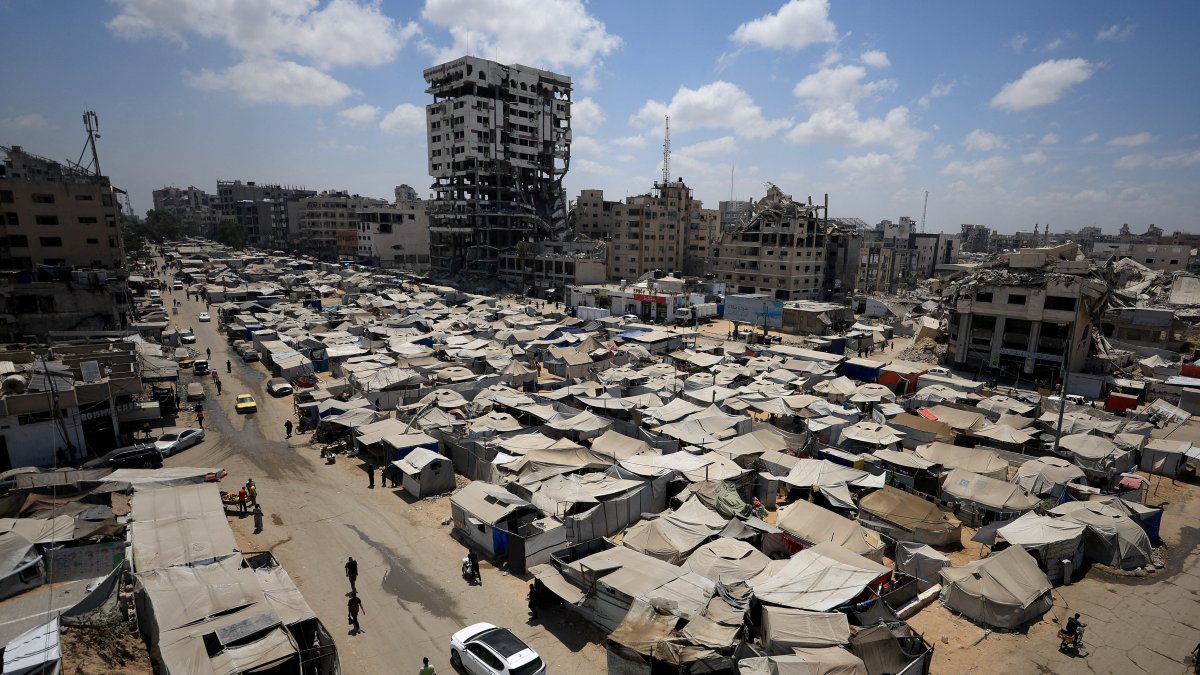



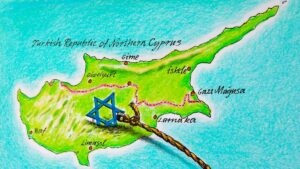


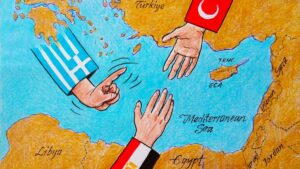


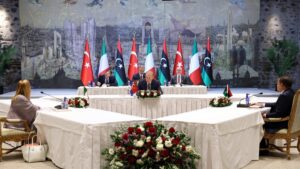


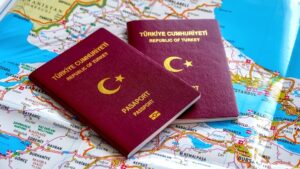



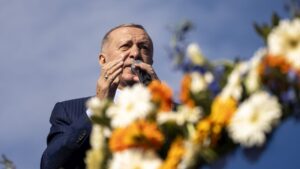







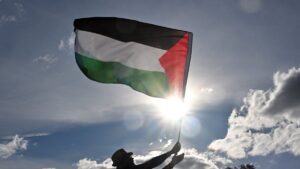
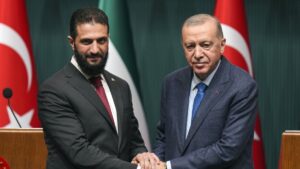





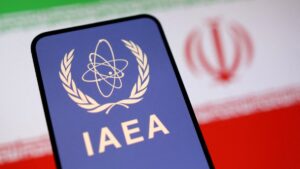
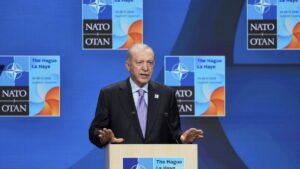
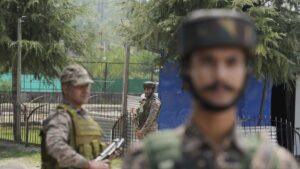





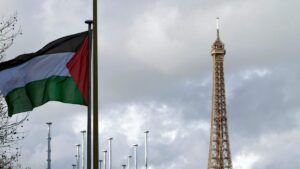



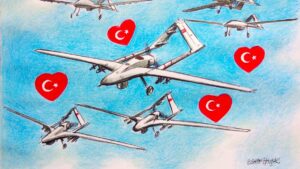
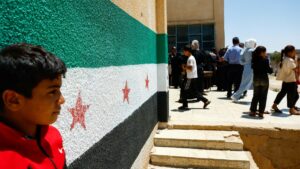

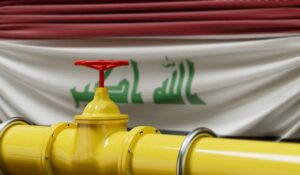

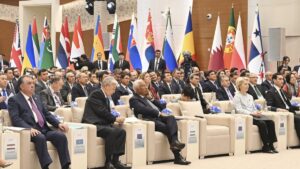

Be First to Comment